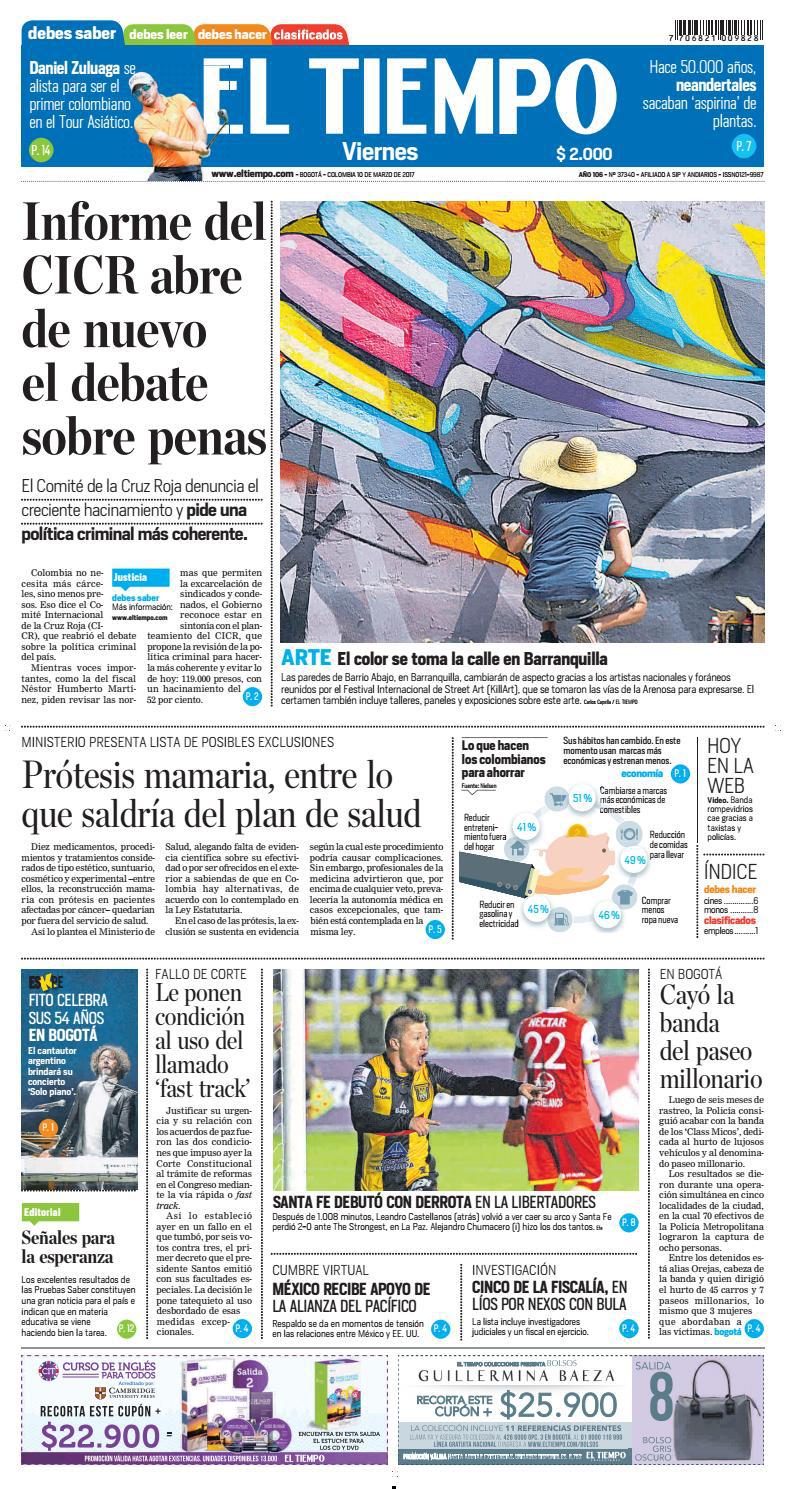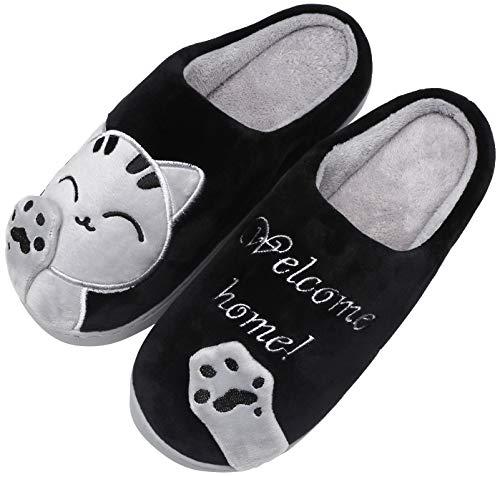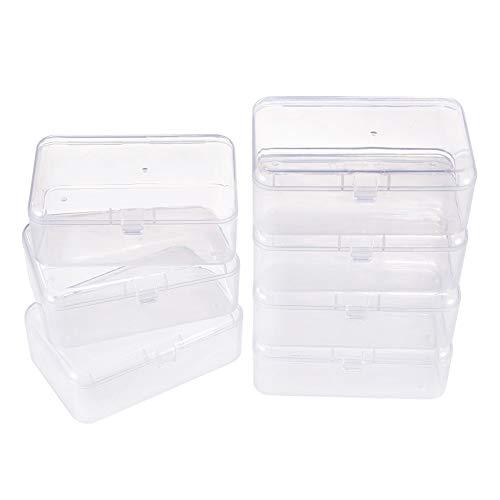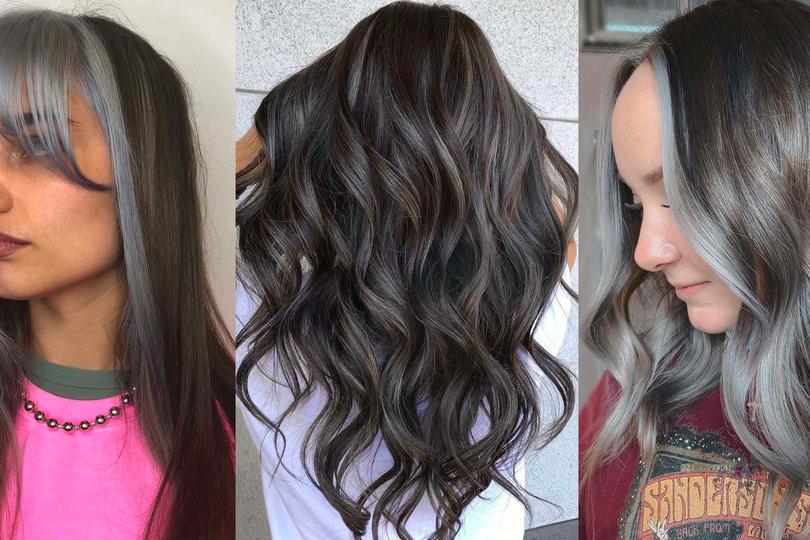Ramiro F. (requests to withhold his name) knows that he keeps a small treasure in the closet of his house in Palermo. It is in a rectangular cardboard box, and from time to time he opens it to check that the content is still there, trading, doing nothing more than keeping it intact. It's about the Air Jordan 1, very exclusive shoes that today cost almost 1,300 dollars and for which he paid about 200. In a short time, Ramiro already has a net profit of 1,100 dollars.
Limited edition sneakers, those that brands put on the market in low quantities, are the fashionable asset among young people, the investment that most seduces centennials today. Most are willing to pay anything to have the rarest, most exclusive and most coveted pair... and that only a select few can own. Those who are lucky enough to access these pairs at the official price do so with the intention of reselling them for much more and thus making a difference. On the other hand, those who acquire it for resale do so to collect or brag on the networks.
The collaboration of the brands with celebrities such as the rapper Kanye West (with his classic Yeezy model, which he launched with Nike and then took it to Adidas) or even the basketball player Michael Jordan (his Air 1 model exploded after the Netflix series The Last Dance), grew the interest of collectors and resellers to unsuspected limits. As an example of the investment rage for these cult objects, it is enough to mention the creation of the StockX platform, which emerged in 2016, in which each model of limited edition sneakers has a price (with little red and green arrows that mark the downward or downward trend). rise) as if it were the stock market. It is also the one that sets the resale value throughout the world. According to data from the same platform, in 2020, 7.5 million transactions were registered and most were from young investors.
“Today everyone is guided by StockX, which is a resale platform. They have an authentication service to verify their condition and if they are original, and if it is ok, they send the pair to the buyer. Here in Argentina it is used as a guide to establish prices. The pairs that are most sought after today are the Nike Dunk (the ones for skateboarding), the Jordan 1 in its three versions (low, mid or high, which are the classic ones that Michael used) and the Jordan 4″, says Facundo Palanik, a sneaker lover who created Sneaker House (@sneakerhouse.arg) in 2018, dedicated to disseminating information on launches of the most important brands and everything related to the sneakerhead culture.
Those who love sneakers like him are not in favor of resale and look at the trend with some concern: “The common consumer is finding it increasingly difficult to get these pairs precisely because of resale. Here, a limited edition can come to 100 or 200 pairs for some 20,000 people who are within the sneakerhead community. For example, yesterday there was a raffle (raffle to win the right to buy a pair of exclusive sneakers) and 10,000 people signed up for 37 golden tickets. In other words, only 37 of the 10,000 registrants earned the right to go to the store and buy the Jordan 1 University Blue. Officially they cost $28,499, but it is already known that in resale they cost between 450 and 600 dollars”.
A curious fact that Palanik provides is that the most demanded (and quoted) numbers are usually the smallest: "The 7.5 (equivalent to a 39) is worth more than a larger one because the Chinese, who are the main buyers of resale shoes in everyone, they have smaller feet”, he explains.

Leonardo Ferri, journalist and author of Sneakers: Stories of fashion, sport and consumption, maintains that a few years ago he noticed this phenomenon while researching for his book. “It is the brands themselves that fueled resale based on the old recipe for scarcity: limited editions that become objects of desire that few can have. The resale prices are very high precisely because there is a high demand and few pairs”, he states and recounts a situation that he witnessed a few years ago: “Both Nike and Adidas organized launch events on the same day at their stores in Palermo, two blocks away. People would go, line up, leave the premises with the bag, and hand it to a person on the street, who would give them cash. Then I would queue again at the other place and the same thing happened. That's how I found out that resales existed, ”he describes.
Ferri also maintains that among the most desired sneakers are the Jordan 1 and the Dunk. “Today they are the most sought after. In the case of the Jordan 1 they became fashionable again due to the series and with the Dunk something curious happened: it was a rather modest model that was sold in outlets 3 years ago but as they began to appear on the networks they became fashionable and they appreciated. They are the shoes of the moment -he assures-. The Yezzy's are also highly sought after. What happens is that if you see those shoes all the time on the networks you will end up buying them no matter how much you don't like them. The world of resale feeds on the hype, on the bubble that is generated around a certain model. Sneakers today more than ever are an aspirational object”, he reflects, and predicts an abrupt end: “This has been happening for seven years now and sneakers are reaching too high values. At any moment the bubble is going to burst ”, he anticipates.
Cook groups and bots
It should be noted that the resale market in Argentina is small, incipient and closed (in fact almost no one agrees to speak openly about the subject) and it is for a few. One of the keys to entering this world is to be part of a cook group, a kind of community in which privileged information is shared that very few know. For that, they resort to bots that monitor minute by minute the launches and reissues that occur. When something interesting appears, the bot sends alerts (and even shares the purchase link) to the group with the aim of obtaining the pair that will go on sale before anyone else. Then, you just have to wait for time to do the rest, that is, for the shoes to increase in value by not being available in stores or traditional channels.
However, although belonging to these groups has its privileges (in general, they also raffle coveted pairs every month or golden tickets to participate in the raffles), it has its costs: the cook groups are payments -from 20 to 60 dollars per month- because there the operations are "cooked" to maximize profits and valuable and qualified information is shared for which you have to pay.
One of the best known local cook groups is Drops Vip (@drops_vip_). Although it was consulted for the note, they excused themselves from participating or providing information about how it works. However, just enter their page or IG to see what it is about: "Drops Group is everything you need to buy in the main stores in the country, using our monitors that guarantee you early access to online launches." At the moment, as reported on the website, there are no vacancies released to be part of the community. They also have the virtual store Drops BA and another in-person in Belgrano where they sell (and buy) exclusive pairs that range from 11,000 to 222,000 pesos. To certify the authenticity and avoid the undesirable replicas that abound, they work in collaboration with EazzyCheck (@eazzy_check), the first Spanish-speaking platform dedicated to the verification and legitimation of sneakers.
Another Argentinian store that sells limited edition sneakers is Hype Huntd (which means hunted hype, www.hypehuntd.store) which has 225 thousand followers on its Instagram (@huntd_ba). According to their networks, they are entrepreneurs who started in 2015 with a store in Buenos Aires and later opened another one in Miami Beach. Among their treasures they sell a Jordan 4 Off White Sail for women at 1,550 dollars (about 285,000 pesos). It is a single pair in size 7.5.
The anonymity and secrecy of these closed groups, which are often accessed through contacts or invitation, responds mainly to playing with the idea of exclusivity. But also because it is a business that is not without controversy. The last one that was known is the one that starred Joe Herbet, a 19-year-old teenager known on the networks as West Coast, who set up a shoe reselling business for which he earned a lot of money. Regardless of the methods used (he appealed to 20 bots), the bomb exploded because it was the son of the vice president of Nike in the United States, who used her card to buy sneakers for a total amount of $132,000 with the aim of resell them. As soon as Bloomberg Newsweek broke his investigation, the scandal escalated to prompt the immediate resignation of his mother. Although the teenager swore that she did not leak qualified information to him, no one believed him: in some old tweets he boasted of having unbeatable contacts.


